💪 The HIV and Weight Loss Drugs Connection – GLP-1 Agonists in HIV Management
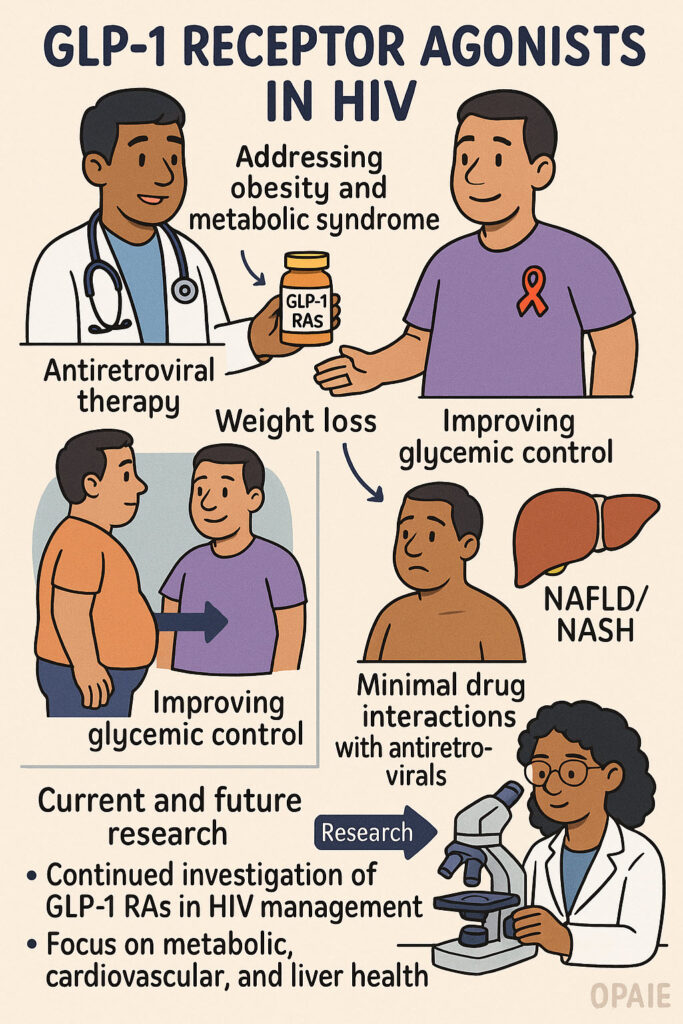
The provided source explores the increasing use of GLP-1 receptor agonists like semaglutide and liraglutide in individuals with HIV. It highlights that these medications are beneficial for addressing obesity and metabolic syndrome, common issues exacerbated by antiretroviral therapy, by promoting weight loss, especially visceral fat, and improving glycemic control. Furthermore, the text explains their potential in managing lipodystrophy and nonalcoholic fatty liver disease (NAFLD/NASH), […]
💲 Medicare’s Weight Loss Drug Experiment: Costs & Coverage

A Washington Post article talks about the Trump administration experiment to expand Medicare and Medicaid coverage for GLP-1 weight loss drugs like Ozempic, potentially benefiting millions of Americans struggling with obesity. This initiative, a reversal of a previous stance, aims to improve patient metabolic health by covering these medications alongside required diet and exercise coaching. While the plan signals a shift […]
Where is GLP-1 is produced and where in the body does it act?
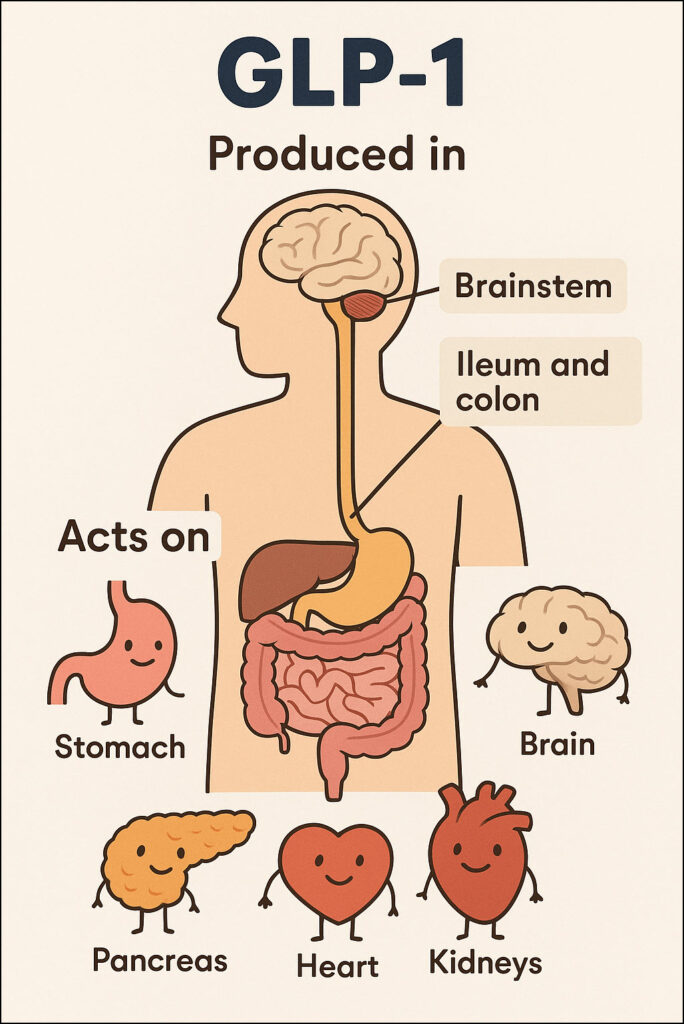
The provided text describes glucagon-like peptide-1 (GLP-1), detailing its production and the wide array of organs and systems it affects. Primarily, GLP-1 is generated in the intestinal L-cells and the brainstem’s nucleus of the solitary tract (NTS). Its influence is extensive, as GLP-1 receptors are distributed across the central nervous system, endocrine pancreas, cardiovascular system, and gastrointestinal tract. […]
⚖️ Navigating GLP-1 Weight Loss: Diet, Exercise, and Well-being
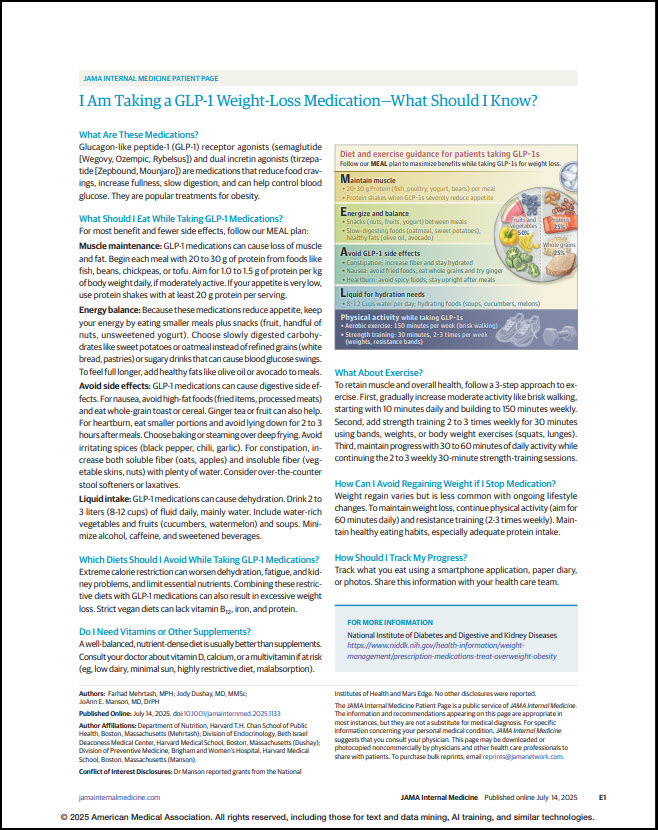
This patient-focused guide from JAMA Internal Medicine provides essential information for individuals utilizing GLP-1 medications for weight loss. It outlines the medications’ functions and offers practical dietary advice through a “MEAL” plan, emphasizing muscle maintenance, energy balance, side effect avoidance, and adequate liquid intake. Furthermore, the document provides exercise recommendations to preserve muscle mass and overall health, and it suggests strategies for preventing weight regain if medication is […]
🧪 Unregulated Additives in Compounded GLP-1 Medications

The practice of compounding pharmacies adding various supplements to GLP-1 receptor agonist formulations like semaglutide or tirzepatide is very common in the United States. These additions, which often include vitamins, amino acids, and other compounds, are marketed under the pretense of enhancing effectiveness, minimizing side effects, or offering a personalized solution for patients. However, the document highlights […]
⚠️ FDA Failures and GLP-1 Compounding Risks
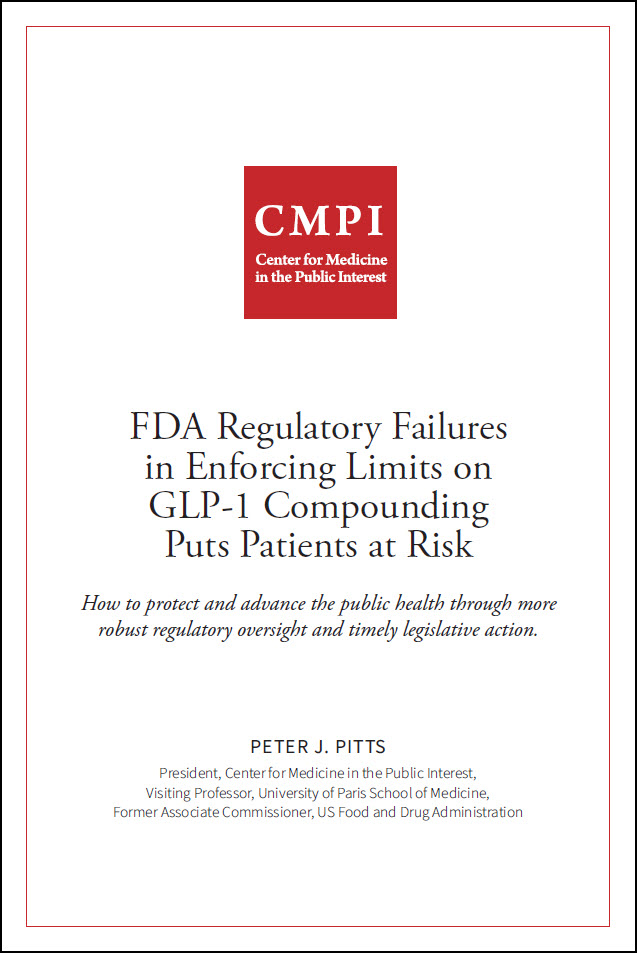
“FDA Regulatory Failures in Enforcing Limits on GLP-1 Compounding Puts Patients at Risk,” critically examines the Food and Drug Administration’s (FDA) oversight of compounded GLP-1 medications. It highlights how temporary shortages of these drugs led to a surge in unregulated “knock-offs” from compounding pharmacies, even after the shortages ended. The report details the inherent risks of compounded drugs, […]
🧬 Diverse Polygenic Scores for BMI and Obesity
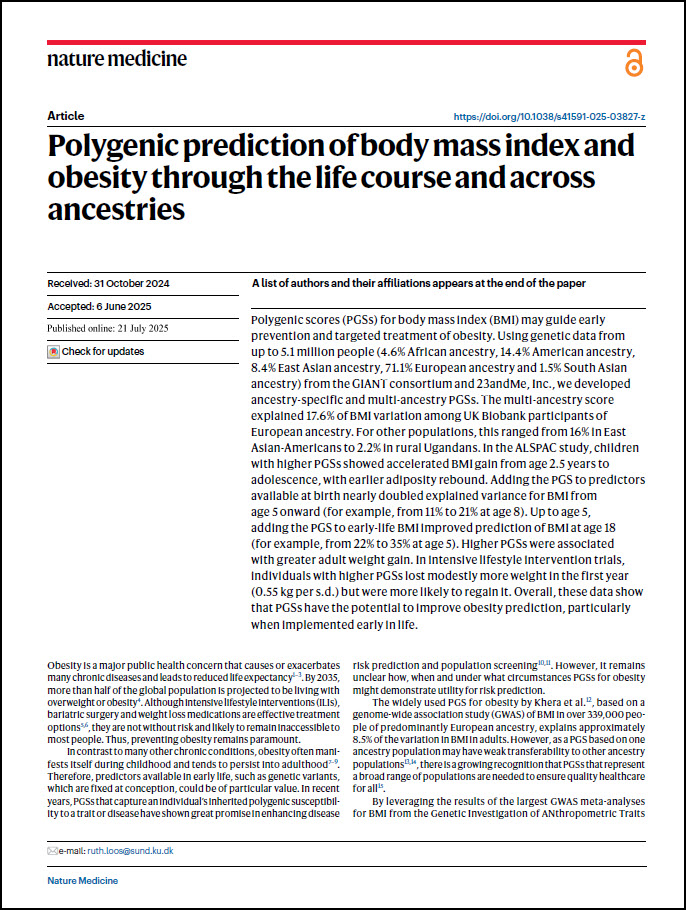
The provided text details research on developing and validating a multi-ancestry polygenic score (PGS) for predicting body mass index (BMI) and obesity, significantly improving upon previous models. The study utilizes extensive genomic and phenotypic data from diverse populations, including those from the UK Biobank and the Million Veteran Program. Findings indicate this new PGS, known as PGSLC, offers enhanced predictive […]
🤢 Adiposity and Colorectal Cancer Risk: A Systematic Review
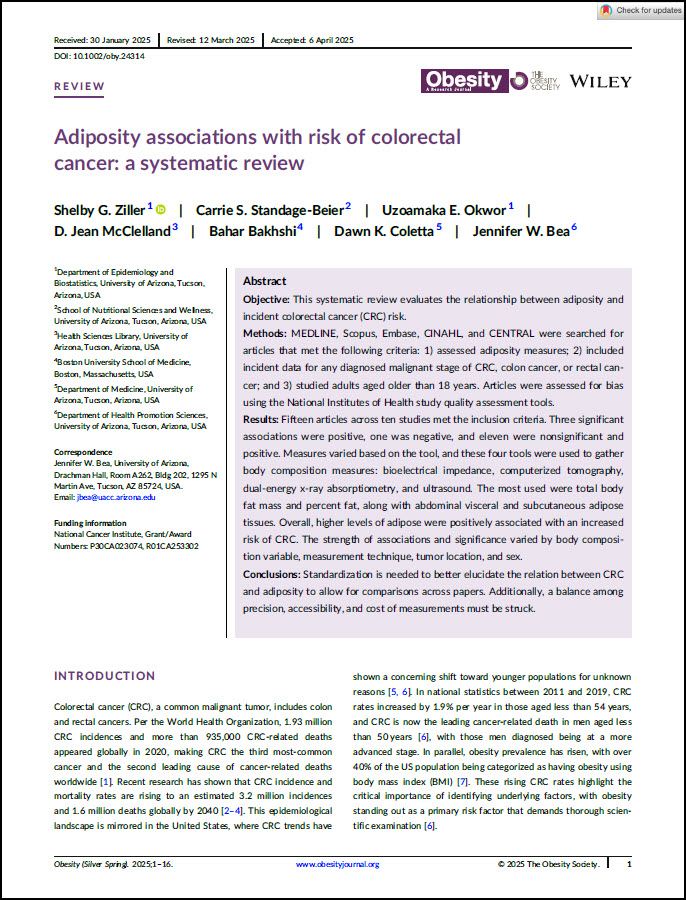
A systematic review investigating the relationship between adiposity measures and the risk of developing colorectal cancer (CRC), building upon existing research that often relies solely on Body Mass Index (BMI). The review synthesizes findings from fifteen articles across ten studies, utilizing various body composition measurement tools such as bioelectrical impedance (BIA), computerized tomography (CT), dual-energy x-ray absorptiometry (DXA), and ultrasound. While […]
💪 GLP-1s: Diabetes, Weight Loss, and Cancer Reduction

This source explores the impact of semaglutide, a weight loss medication, on muscle mass, glucose regulation, and bone health in adults with obesity. It highlights that muscle loss is a common consequence of weight reduction, particularly with semaglutide, and this loss can negatively affect glucose homeostasis and bone mineral density. The study indicates that older […]
💲 Tirzepatide: A Cost-Effective Path to Obesity Management
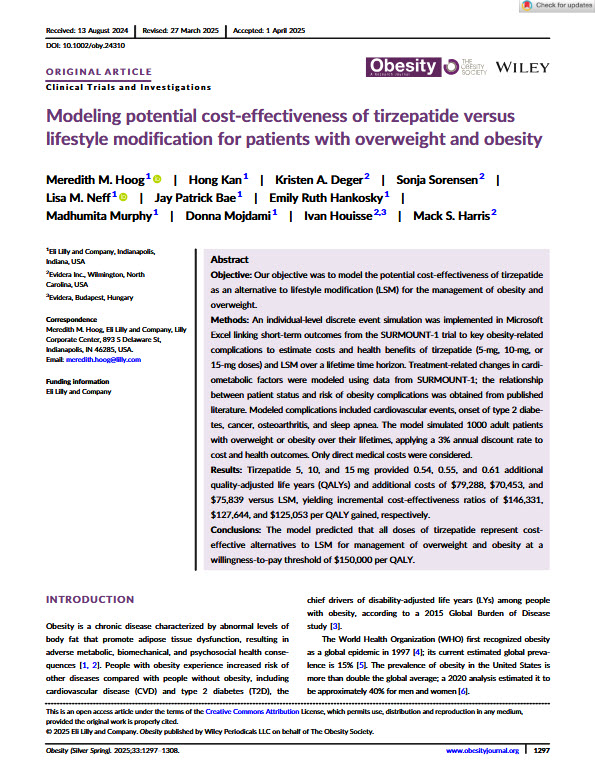
This academic article presents a cost-effectiveness analysis of tirzepatide, a medication for managing overweight and obesity, comparing it against lifestyle modification (LSM) alone. Researchers used a simulation model to project lifetime health outcomes and costs for patients, focusing on complications like cardiovascular events, type 2 diabetes, cancer, osteoarthritis, and sleep apnea. The study concluded that all tested doses of tirzepatide were cost-effective alternatives to LSM, falling […]
